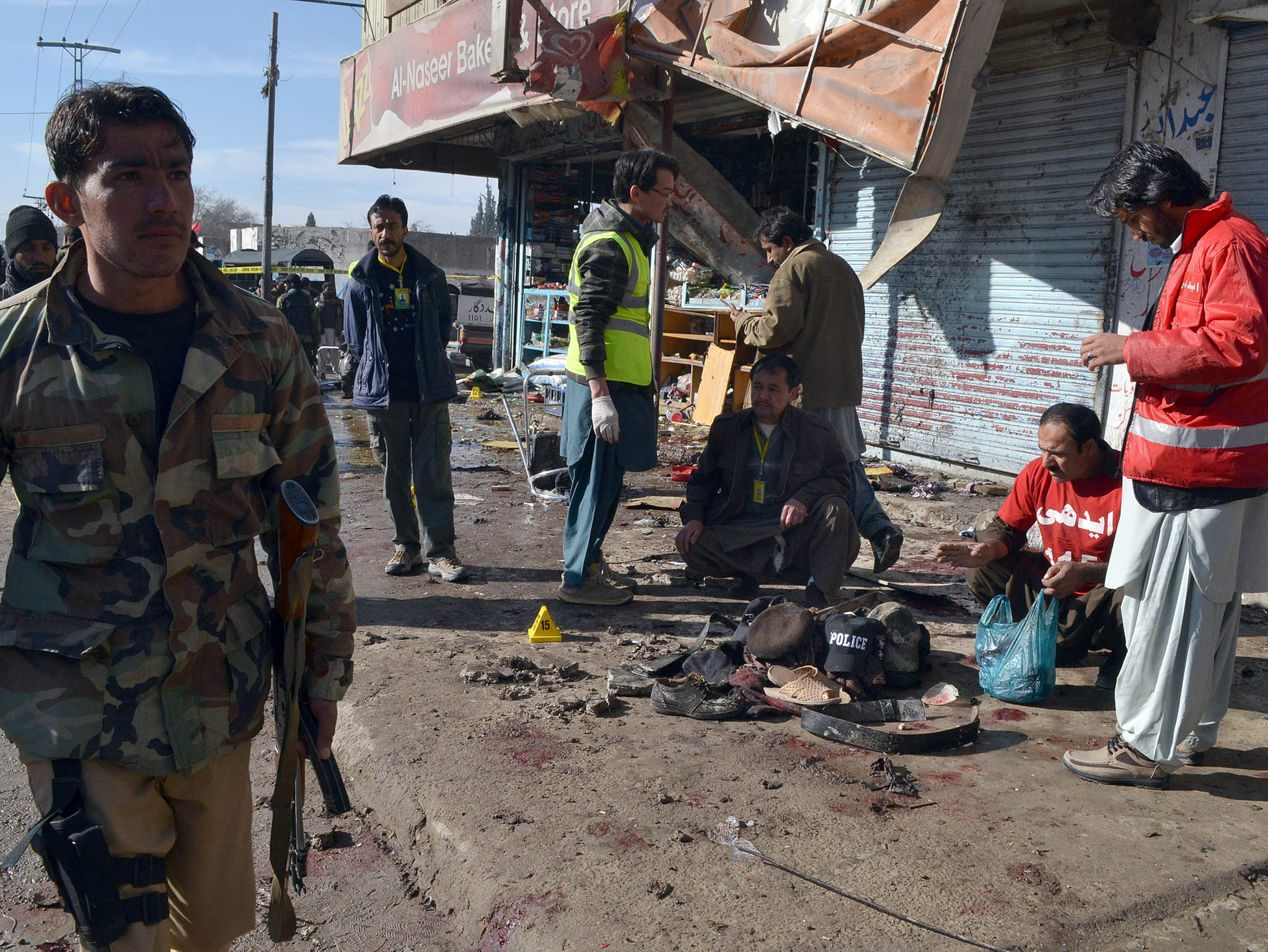Polio: World Health Organisation launches new vaccine swap to eradicate the last few strains of the disease
Experts say the disease could be eradicated by the end of the decade

Health teams in 150 different countries have launched a vaccine switch in what they hope will be the final push against polio.
The World Health Organisation (WHO) has said it is changing its strategy to eradicate the debilitating disease by tackling certain strains of the disease in hard-to-reach areas rather than conducting a mass immunisation programme.
Over the next two weeks, some 150 countries will engage in a synchronised switch to a two-strain vaccine which tackles the remaining variations of the wild polio virus - type 1 and type 3.
The transmission of type 2 polio was eradicated in 1999, meaning immunising against it now is pointless.
There have been rare cases where the vaccine - which contains a live weakened form of type 2 polio - has mutated and lead to the patient contracting the virus, so the end to vaccinating against it removes that risk.
Following 30 years of the successful immunisation programme, just 12 cases were recorded worldwide this year, in Pakistan and Afghanistan, and experts predict the disease could be wiped out for good within a decade.
Africa has been entirely free of the disease for more than a year.
If the campaign succeeds, polio could be the second disease to be eradicated since smallpox was declared extinct in 1980.

But the WHO’s director of polio eradication, Michel Zaffran, said the failure of the programme now means the virus could spread across borders once again.
He said: "Taking our foot off the pedal now could mean polio will within a few years spread straight back into large parts of the world and create 100,000 or 200,000 cases.
"The job has not been done and will not be done until we have fully eradicated the virus."
The Global Polio Eradication Initiative (GPEI) was set up in 1988 with the original goal to get rid of the disease by 2000.
While there has been a 99 per cent reduction in the disease, which causes paralysis or even death in extreme cases, eradication has been hampered by lack of funding and the political situation in affected countries.
In 2013, the GPEI said the global fight against polio would require at least $5.5bn (£3.9bn) in funding.
In Pakistan and Afghanistan, the last two countries where polio currently remains endemic, conflict and propaganda have hampered progress, and in the past posed risks to those working to stop the disease.
In Pakistan, Islamist militants have attacked health teams they accuse of being Western spies.
A polio worker was shot and wounded in February and in January a suicide bomber killed 15 people outside a polio eradication centre in the city of Quetta.
In 2013, the disease re-emerged in war-torn Syria after a 14-year absence, prompting the need for a vast and expensive regional emergency vaccination campaign.
Liam Donaldson, head of the Independent Monitoring Board of the GPEI, agrees that celebrating the expected extinction of polio virus "would not just be premature, it would be folly".
He said "Polio is still out there and has fought back with a vengeance at every stage of the game. And it's still fighting."
Additional reporting by Reuters
Join our commenting forum
Join thought-provoking conversations, follow other Independent readers and see their replies
Comments
Bookmark popover
Removed from bookmarks